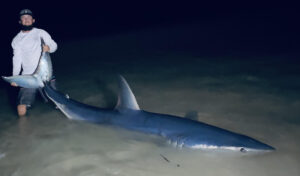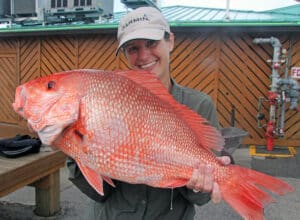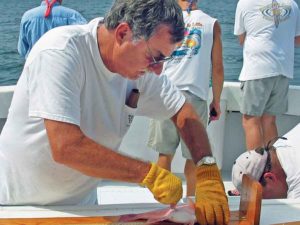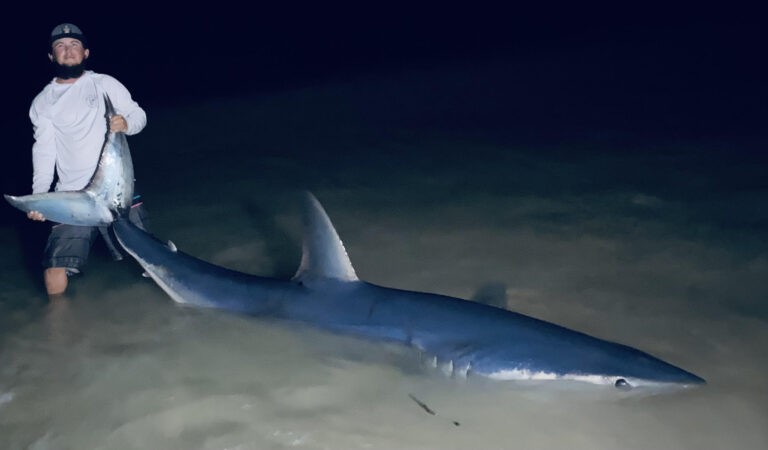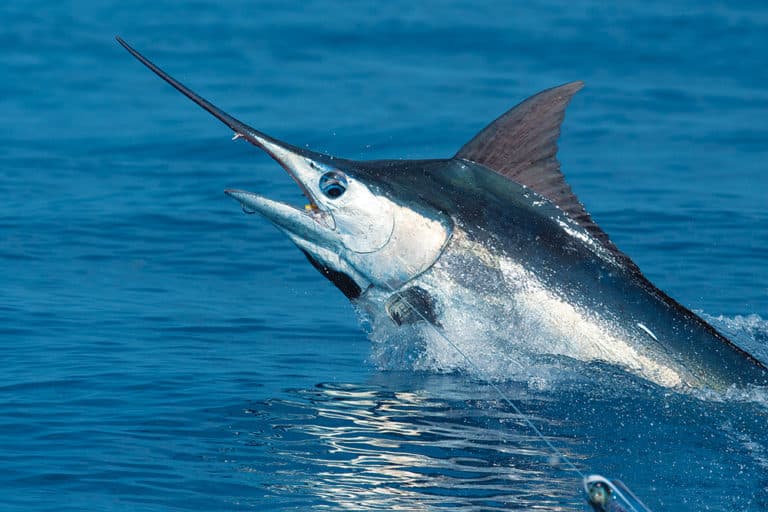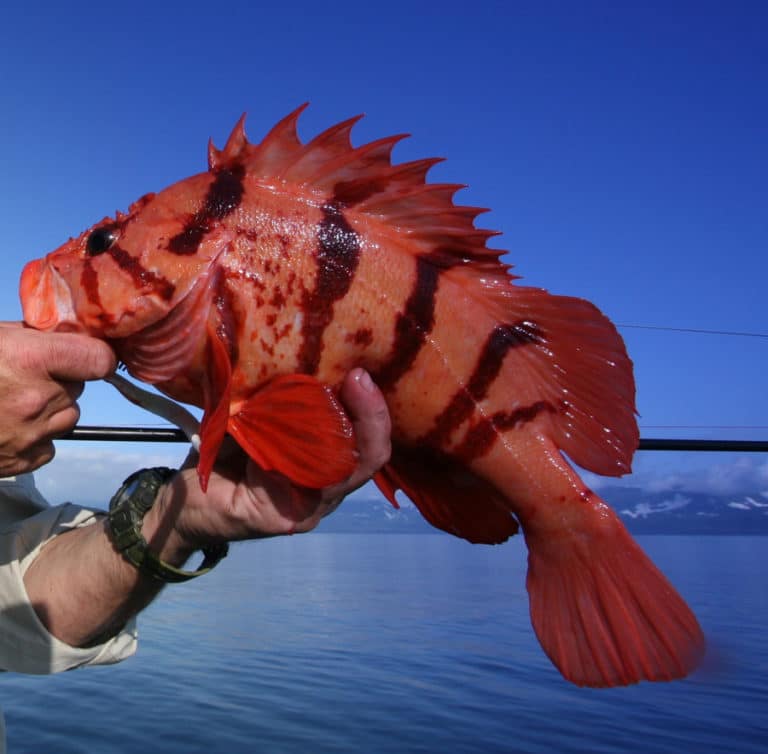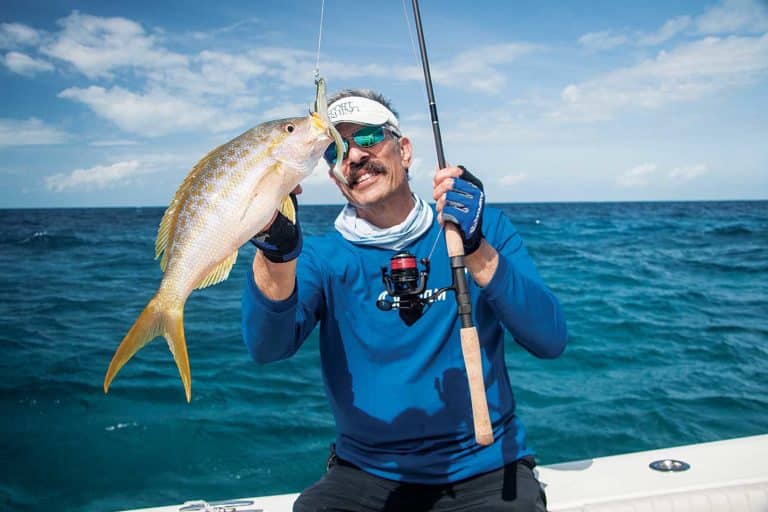
Limited numbers of anglers experienced a resurgent Atlantic bluefin tuna fishery in United Kingdom waters as part of an experimental scientific Catch and Release Tagging (CHART) program over the last two years. Now, Mark Spencer, minister of state at the Department for Environment, Food and Rural Affairs (DEFRA), is considering a licensed recreational fishery for bluefins. That’s great news for anglers and coastal fishing communities in the UK, such as Cornwall in southwest England.
“The return of Atlantic bluefin tuna to UK waters is an exciting opportunity which could benefit our fishing communities and tourism industry,” said Spencer, to the Financial Times. One of Spencer’s primary roles is as the UK’s fisheries minister.
The current roadblocks seem to be related to confirming that available scientific data shows current bluefin tuna stocks are in good shape, and are being given sufficient protection. Creating a recreational bluefin tuna season would also require a legal change.
The Angling Trust, along with the UK Bluefin Tuna Association, met with Spencer to make the case for a recreational bluefin tuna fishery in 2023. Jamie Cook, CEO of Angling Trust, explained the success of the CHART program over the last two years, detailed the economic benefits, and floated the idea of moving to a full, licensed recreational catch-and-release fishery.
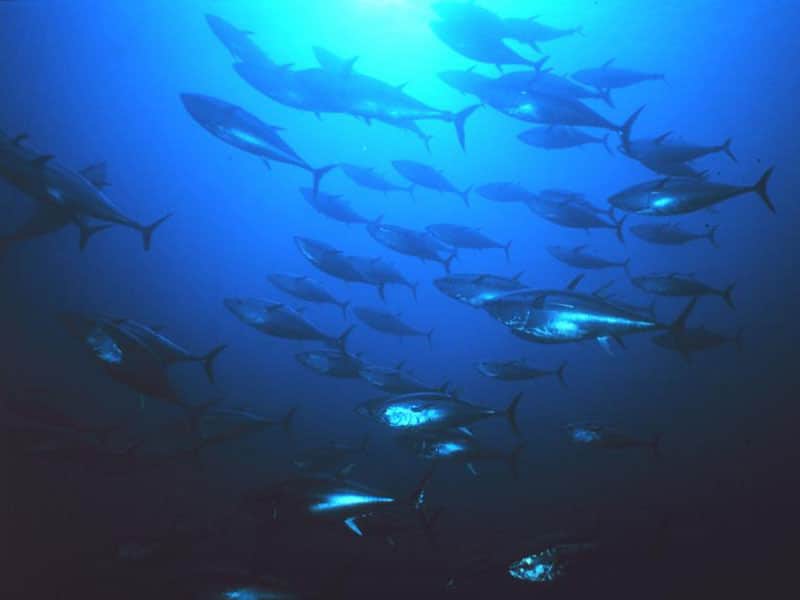
“We acknowledge some of the current legal barriers to this and will continue to push DEFRA to make the removal of those barriers a priority,” said the Angling Trust, in a post online.
Spencer indicated his preferred option was a licensed recreational catch-and-release fishery, according to the UK Bluefin Tuna Association, but he also supported a backup plan of continuing the CHART program for a third year.
“We had a very constructive introductory meeting where we discussed a range of issues,” said Spencer. “I continue to be interested in recreational angling and see the significant value in it. I reaffirmed DEFRA’s commitment to continue to work with the Angling Trust on a range of matters including bluefin tuna.”
For 2023, the UK was granted an additional 15 tonnes of bluefin quota by the International Commission for the Conservation of Atlantic Tunas (ICCAT) for a total of 63 tonnes. Some anglers believe that’s enough quota for recreational sport fishermen to keep a limited number of bluefin tuna too, even if recreational take is not expected to happen in 2023.
A Short History: CHART Program Success in 2021 and 2022
In 2021, UK’s Centre for Environment, Fisheries and Aquaculture Science (CEFAS) spearheaded the CHART pilot program. This allowed 15 charter captains to participate in bluefin tuna fishing from August 16 to Nov. 14. Skippers were trained in angling, handling, and tagging techniques for bluefins, and vessels were monitored by a combination of observer coverage and universal camera installation, according to CEFAS. Recreational anglers booked trips with these captains to catch and release bluefin tuna.
The scientific tag-and-release program was a success, resulting in 704 tagged fish from 421 trips over the 13-week season. Data were collected on length, location, condition following the fight and any incidental mortality. Most fish were tagged using coded FLOY tags, while 19 fish were tagged using PSAT tags to monitor post-release behavior. Mortality was significantly lower than expected, with 10 incidental fish mortalities remaining well within the limits of the 10-tonne quota set for the fishery in 2021.
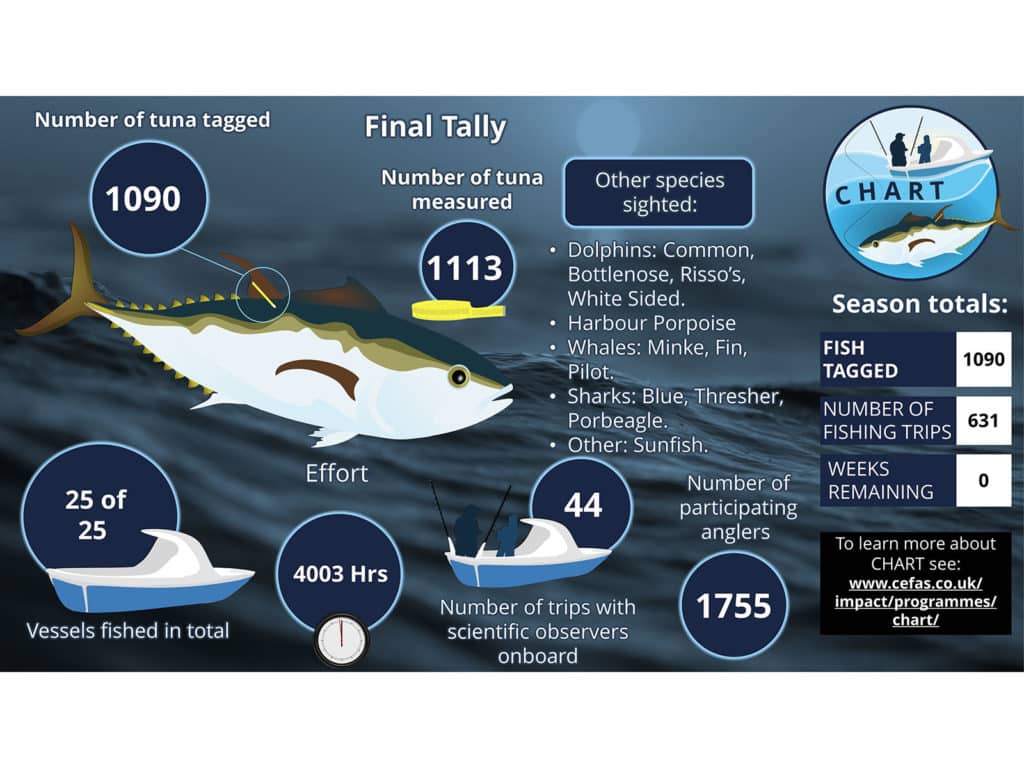
In 2022, more than 1,000 bluefin tuna were caught and released. A total of 25 trained captains participated in the second year of the CEFAS CHART program, fishing from Aug. 15 to Dec. 11. According to CEFAS, the boats spent more than 4,000 hours fishing for tuna, with 1,755 anglers participating. The total number of bluefin tuna measured was 1,113, with 1,090 tuna tagged successfully.
Of note, all bluefin tuna caught from 2021 to 2022 were revived and released, unless one died before it could be released. And very few died, according to reporting data. Captains could not keep or sell dead bluefin tuna, but had to bring them back to the Marine Management Organization. Dead bluefins were used for scientific purposes and data contribution to international research through ICCAT.

